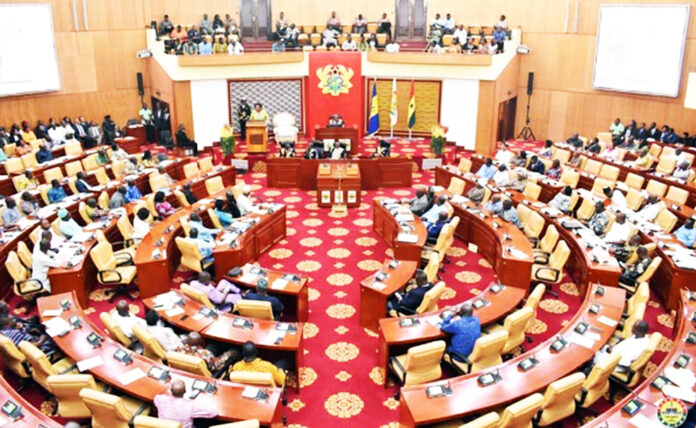The Co-ordinator, Open Government Partnership, Africa and the Middle East, Mr. Tarik Ness Nash says open government cannot be realised without parliament.
Mr. Nash made this statement during a webnair to assess the impact, share lessons and identify challenges of the 2022 West Africa Open Parliament Index.
He explained that its usefulness, both positively and negatively, had had significant impact in enabling the environment for open governance.
He citing the Right to Information (RTI) Bill, Beneficial Ownership Bill and Whistle Blower Protection, as some landmark reforms delivered by parliament.
“Open parliament commitments are growing in the open governance Partnership and many parliaments are co-creating their own commitments,” he indicated.
Again, he revealed that the Open Governance Policy has adopted a new five year strategy, 2023-2028, which is aimed at making open government policy central at all levels and branches of government function and deliver on their priorities, adding that up until 2020, 10 to 15% of all Open Governance Policy actions have been as a result of legislative actions.
In his view, the index assessment is a key way to identify the biggest challenges and how to co-ordinate to attain these objectives,
Mr. Nash also assured participants that the OGP platforms are ready to help with these initiatives, articulations of national action plans.
Also, he called on stakeholders to use the OGP platform for their transformation actions, as well as networking.
On her part, Maria Baron, the Global Executive Director of Directivio Legislativo, Argentina, who also supported the initiative of the organization, called for the need for better elaborate strategies, where issues of interest could be chosen on both continents and addressed them and make comparisons with organisations and parliamentarians.
Commenting on the way forward, the Executive Director of the Parliamentary Network Africa, Mr. Sammy Obeng said the OPI report has come to stay and will provide a data centered comparison on which parliament is doing better in transparency.
“The opportunity to create a baseline on the level of parliamentary openness in [West] Africa, which now provides data-centered comparison on which parliament is doing better in transparency, accountability and citizens’ participation, has been a long-time goal for us at PNAfrica and we are happy to have achieved it.
What is even more refreshing are the many success stories and amazing reforms across various parliaments that have come about as a result of this Index, it’s finding and recommendations.
“We can only look forward to the next index with much optimism and be encouraged about even bigger impacts!” Mr. Obeng stated.
By Florence Gbolu








